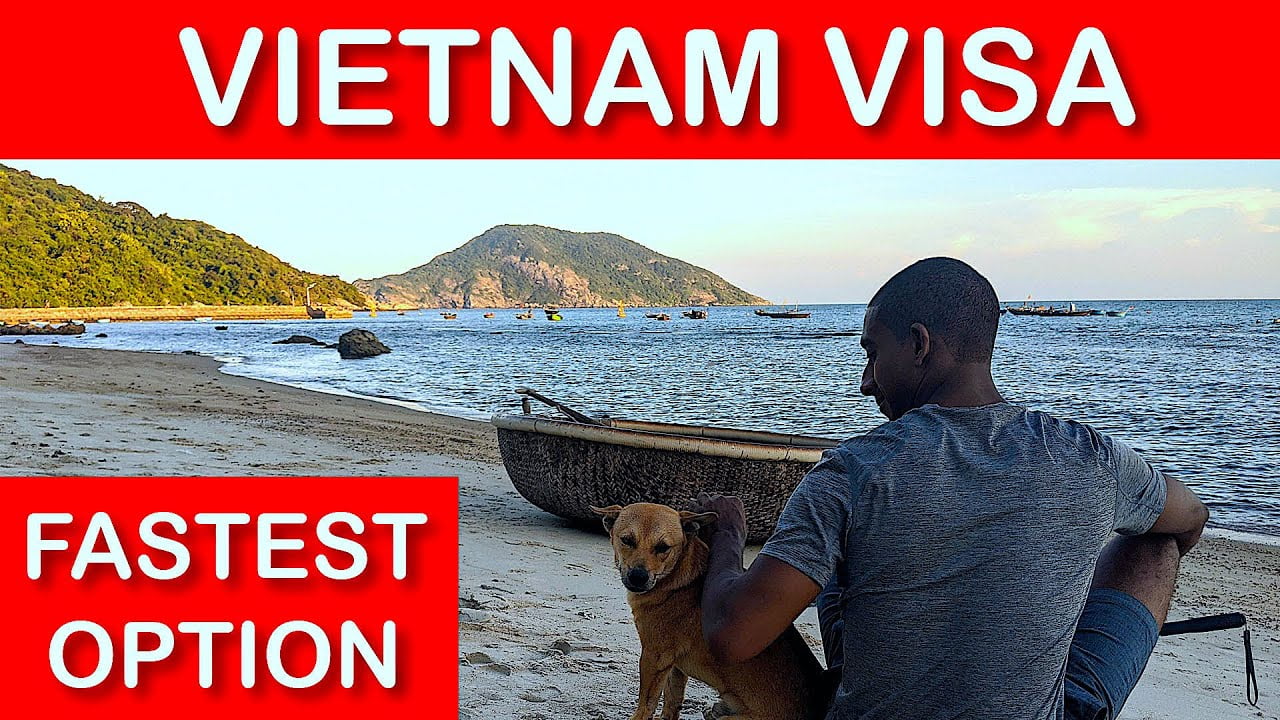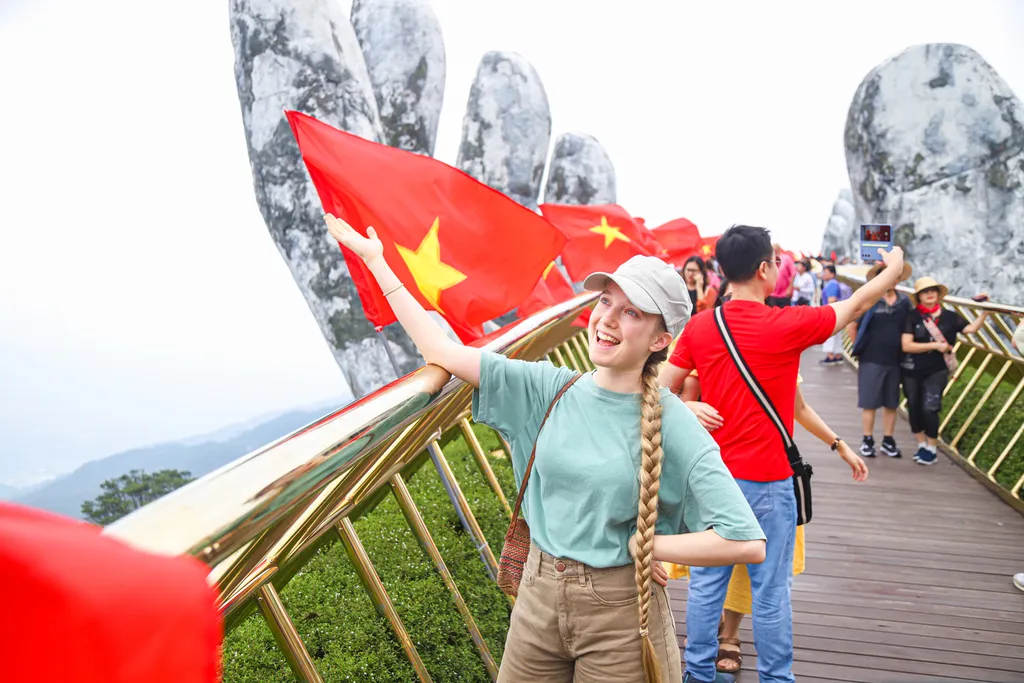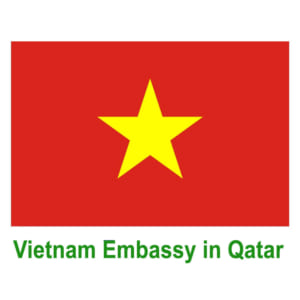
🛂 Vietnam Visa on Weekends and Holidays – Key Considerations & Procedures
Need a Vietnam visa during weekends or holidays? Learn how to get emergency visa approval when embassies are closed. Includes fast-track services, visa types, and helpful tips.
⏰ Can You Get a Vietnam Visa on Weekends and Public Holidays?
Yes! While Vietnamese embassies and immigration offices are generally closed on weekends and public holidays, urgent and emergency visa services are still available for travelers needing immediate entry into Vietnam.
These services are processed by authorized visa agents with access to the Vietnam Immigration Department’s emergency support channel.
🧳 Who Needs a Weekend or Holiday Visa Service?
This service is crucial if you:
- Forgot to apply for a visa in time
- Have a last-minute business trip or family emergency
- Are traveling during Tet Holiday, National Day, or other Vietnamese public holidays
- Need to enter Vietnam on Saturday, Sunday, or outside business hours
🧾 Visa Types Available During Holidays/Weekends
| Visa Type | Entry Method | Processing Time |
|---|---|---|
| Visa on Arrival (VOA) | By air only | From 1–4 hours |
| E-visa (emergency) | Select countries | 4–8 hours (if eligible) |
Note: VOA is the most reliable for urgent weekend/holiday cases.
📋 Required Documents for Weekend Visa Service
- Valid Passport (at least 6 months validity)
- 1–2 Passport Photos (4×6 cm, white background)
- Flight details (if available)
- Emergency contact information
- Visa service fee (varies by urgency)
🛫 Step-by-Step Process for Weekend/Holiday Visa on Arrival
- Submit an Online Application
- Fill out your personal details, passport info, and entry date
- Mark “Urgent/Holiday” on the application form
- Pay the Service Fee
- Includes emergency processing and weekend handling
- Receive the Visa Approval Letter
- Sent by email in 1–4 hours, even on holidays or late at night
- Print the Approval Letter & Prepare Your Documents
- Arrive in Vietnam & Use the VOA Counter
- Pay the stamping fee in cash (USD):
- $25 for single entry
- $50 for multiple entry
- Pay the stamping fee in cash (USD):

🔧 Additional Express Services Available
- ✅ Airport Fast-track Service
- Skip the immigration queue, save time
- ✅ VIP Concierge Pickup
- Meet & greet, help with luggage, and personalized assistance
- ✅ Hotel + Transport Coordination
- Help with emergency bookings, city transfers
💰 Weekend & Holiday Visa Service Fees (Estimates)
| Processing Time | Fee Range (USD) | Notes |
|---|---|---|
| 4–8 hours | $79–$109 | Super urgent (same day) |
| 1–4 hours | $149+ | Night or holiday processing |
| Fast-track | From $25 | Add-on to airport services |
Exact fee depends on nationality, type of visa, and urgency.
📌 Tips for Travelers Entering Vietnam During Holidays
- 🔁 Confirm flight arrival time before choosing visa type
- 💵 Bring exact cash in USD for stamping fees (no card accepted)
- 🛬 Arrive early for processing, especially during Tet or high seasons
- 📱 Save your approval letter and photos both digitally and printed
- 🧭 Use our airport VIP services to save time and reduce stress
✅ Quick Checklist
- Valid passport (6+ months)
- 2 passport-sized photos
- Printed visa approval letter (PDF)
- USD cash for stamping fee
- Emergency support number saved
📞 Contact Us for Emergency Visa Support 24/7
We specialize in weekend & holiday visa support for tourists, business travelers, and expatriates. Services are available any day, any time.
- ☎️ Hotline & WhatsApp: 24/7 support
- 📧 Fast email response: < 15 minutes
- 🌐 Multi-language assistance: English, Vietnamese, Chinese, Korean, Arabic
🚀 Don’t Let Weekends Delay Your Trip
Whether it’s a holiday, weekend, or midnight flight, we’re here to help you enter Vietnam with ease.
🎯 Apply now for your urgent Vietnam visa and travel worry-free!

Vietnam Visa on Weekends and Holidays Q&A
Q: Can I get a Vietnam visa on weekends and holidays?
A: Yes, it is possible to get a Vietnam visa on weekends and holidays. However, the process is more expensive and may take longer than applying for a visa during regular business hours.
Q: How much does it cost to get a Vietnam visa on weekends and holidays?
A: The cost of a Vietnam visa on weekends and holidays varies depending on the type of visa you need and the processing time. However, you can expect to pay an additional fee of around $50-$100 USD for rush processing.
Q: How long does it take to get a Vietnam visa on weekends and holidays?
A: The processing time for a Vietnam visa on weekends and holidays is typically 2-4 hours. However, it is important to note that this is just an estimate and the actual processing time may vary depending on the workload of the immigration department.
Q: How can I apply for a Vietnam visa on weekends and holidays?
A: There are two ways to apply for a Vietnam visa on weekends and holidays:
- Emergency visa processing: This is the fastest way to get a Vietnam visa on weekends and holidays. However, it is also the most expensive. To apply for emergency visa processing, you will need to contact a visa agent who can provide you with a visa approval letter. You will then need to take this letter to the immigration counter at the airport when you arrive in Vietnam.
- E-visa: E-visas are a slower and cheaper option than emergency visa processing. However, they are not available for all nationalities. To apply for an e-visa, you will need to create an account on the website of the Vietnam Immigration Department and then fill out an online application form. You will then need to upload a scan of your passport and pay the visa fee. Once your application has been approved, you will be able to download your e-visa.
Q: What are the eligibility requirements for a Vietnam visa on weekends and holidays?
A: The eligibility requirements for a Vietnam visa on weekends and holidays are the same as the eligibility requirements for a visa during regular business hours. This means that you must be a citizen of a country that is eligible for a Vietnam visa and you must have a valid passport.
Q: What are some tips for applying for a Vietnam visa on weekends and holidays?
- Apply for your visa as early as possible. This will give you more time to process your application and reduce the risk of delays.
- Have all of your documentation ready before you start your application. This will help to speed up the process.
- Be prepared to pay an additional fee for rush processing.
- Make sure that you have a valid passport with at least six months of validity remaining.
- Print out a copy of your visa approval letter or e-visa.
Conclusion
Navigating the intricacies of visa requirements for Vietnam during weekends or holidays can seem overwhelming. However, understanding the key considerations and procedures, as well as the potential consequences of overstaying, can ensure a smooth and hassle-free travel experience. It’s essential to adhere to the authorized period of stay, plan your trip carefully, and seek assistance from relevant authorities if needed. With proper preparation and knowledge, you can make the most of your trip to Vietnam and create unforgettable memories.
Support for Vietnam Visa on weekends and Holidays
Tel: +1(972)-666-0676 – Tel: (+84) 968 18 77 18
WhatsApp: +84 968 18 77 18
Email: [email protected]
Website: https://visaonlinevietnam.com





